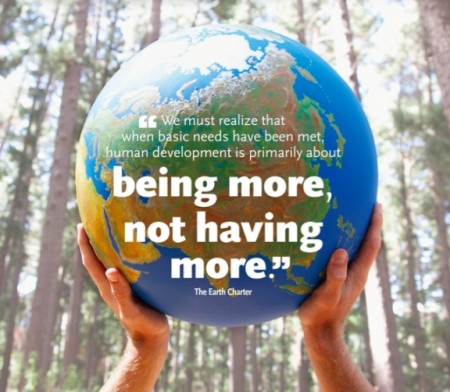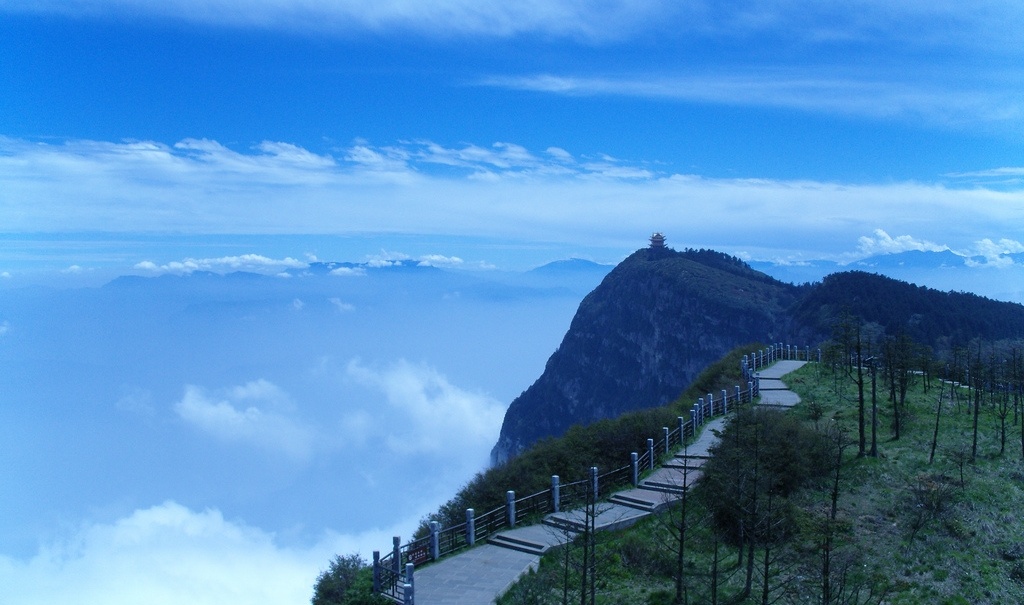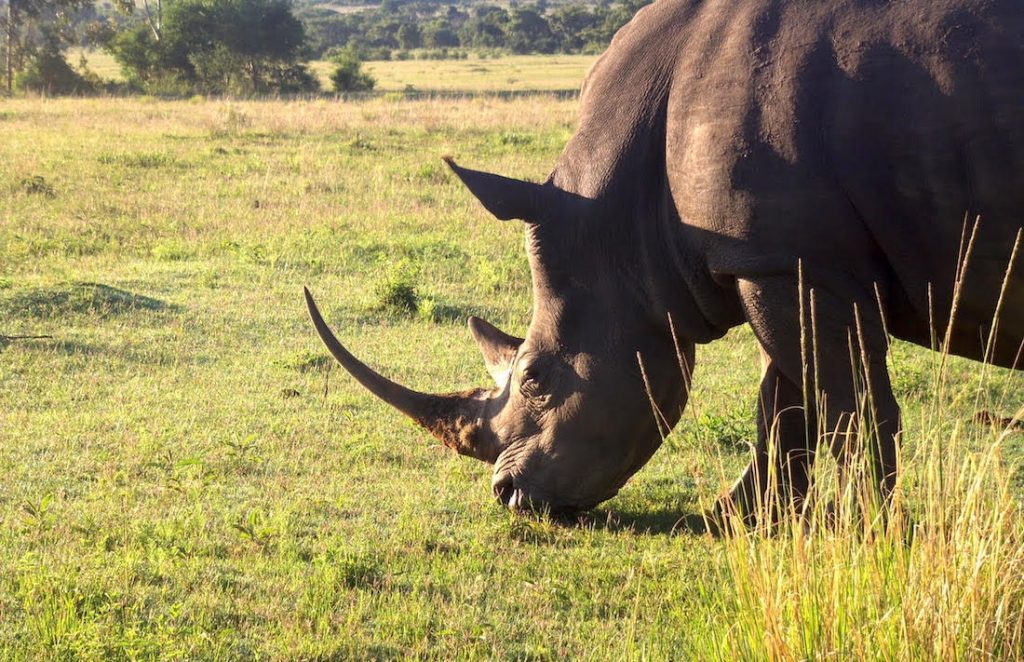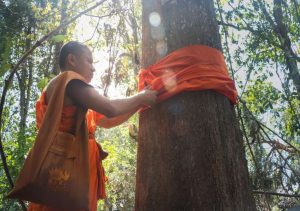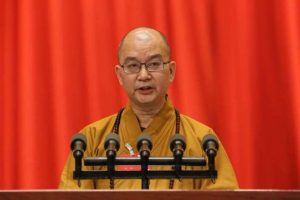From biodiversity loss to desertification, from veganism and vegetarianism to green energy, environmental issues are the most significant and pressing matters for our present and future generations. Religious institutions and individuals around the world, from the Roman Catholic Church to the China Daoist Association, have mobilized in support of initiatives and projects that can educate people about the responsibility to stewardship and protection of the global ecology. The Buddhist community is no different. Over the past few years the Buddhistdoor Global team has covered the extensive involvement of Buddhist leaders and communities in environmental causes, from the Gyalwang Drukpa’s yatras to clean up trash from the Himalayas to landmark climate change statements signed by preeminent leaders.
We devote 2017’s special issue to the planet itself, and the environment on which humankind depends for survival. In this issue we draw from the ideas, experience, and research of diverse Buddhist contributors, bringing a Buddhist perspective to diverse ecological issues like the animal trade, pollution and waste, and sustainable living. Every quarter our special issue will be updated with two articles from contributors, so keep a lookout throughout the year for updates!
Explore our Special Issue:

The Greatest Gift: “For Our Long-lasting Benefit and Happiness”
By Tathālokā Therī
Tathālokā Therī is a prominent and respected Theravada monastic who has written extensively on women in Buddhism, activism, ecology, and building a better world based on Buddhist values. In this article she explores how gender theologies, environmental destruction, and even our modern paradigms are causally interconnected and have led to our dire situation today, while proposing remedies faithful to the Buddha’s existential prescriptions.
Read more . . .
SGI and Environmental Care: Nurturing Bodhisattvas Who Will Help Save the Planet
By Joan Anderson, SGI Office of Public Information
In the tradition of the Lotus Sutra, the foundational teaching for Nichiren Buddhism and the Soka Gakkai International (SGI), we find a perspective on environmental issues that focuses on interconnectedness, or dependent origination, and the oneness of life and its environment. This article quotes from articles written for SGI Quarterly magazine, in which individuals describe how their Buddhist practice and learning informs their contributions in the field of environmental protection.
A Humanitarian Action for Other Living Beings: Creating Space for Urban Biodiversity through Buddhist Gardening
By Kanchana Weerakoon
Kanchana Weerakoon is the president of Eco friendly Volunteers (ECO-V), in Colombo, Sri Lanka.In December 2015 she bought an abandoned plot of land in Colombo, which she has developed into a Metta Garden with her group of volunteers. The garden is a place where humans and other species of animals, insects and plants can peacefully co-exist. The garden is a perfect place for walking meditation, but for Kanchana Weerakoon gardening is the best form of practicing the Dharma.
Stepping Up to the Plate: An Invitation to Open Your Heart to Nature and Walk the Talk
By Barbara Mass
In this impassioned plea for meat-free eating Barbara outlines how our insatiable desire for animal product consumption is becoming rapidly unsustainable. We need radical new thinking and principles to change direction, so that we might avoid, or at least ameliorate, the exhaustion of Earth’s biosphere due to human activity.
Halting the Economics of Extinction: How a Spiritual Resurgence in China Could Save the Biosphere
By Raymond Lam
China is undergoing a renaissance in environmental awareness. In this article Raymond explores how recent shifts in ethical and spiritual attitudes (thanks to China’s Daoist, Confucian, and Buddhist faiths) can help combat the economics of extinction, a terrifying new trend that provides incentive to drive endangered species to annihilation.
Wildlife on the Brink
By Thanissara
Thanissara has spent many decades at the forefront of spiritual activism and Engaged Buddhist thinking. In this article she explores the Buddhist angle on ecological issues in South Africa, particularly on wildlife conservation, a subject close to her heart. She proposes a holistic approach to tackle the endemic crises of animal trafficking, game hunting, and the paradigm of acquisition, while also educating oneself about the difference between true and false conservation.






